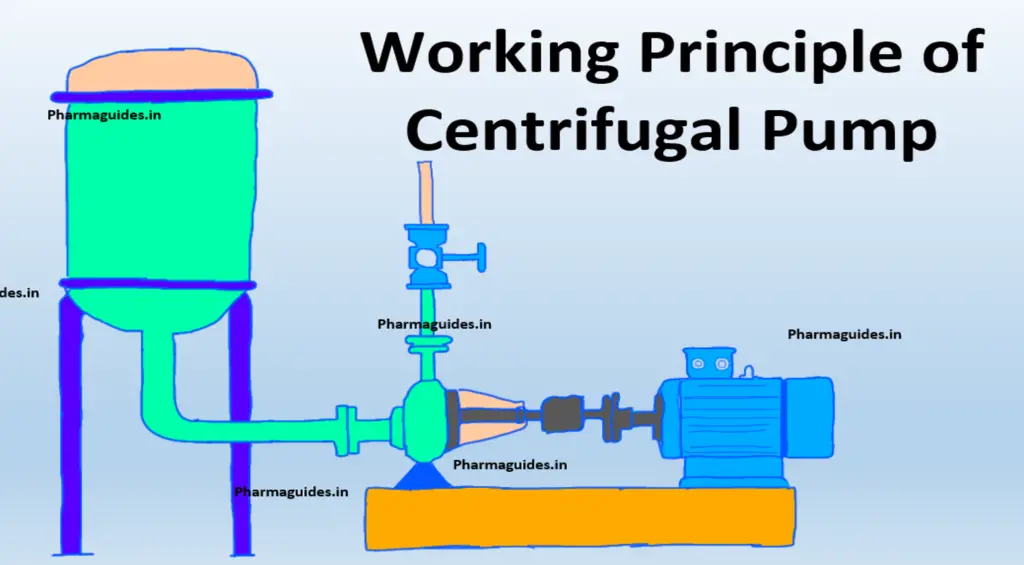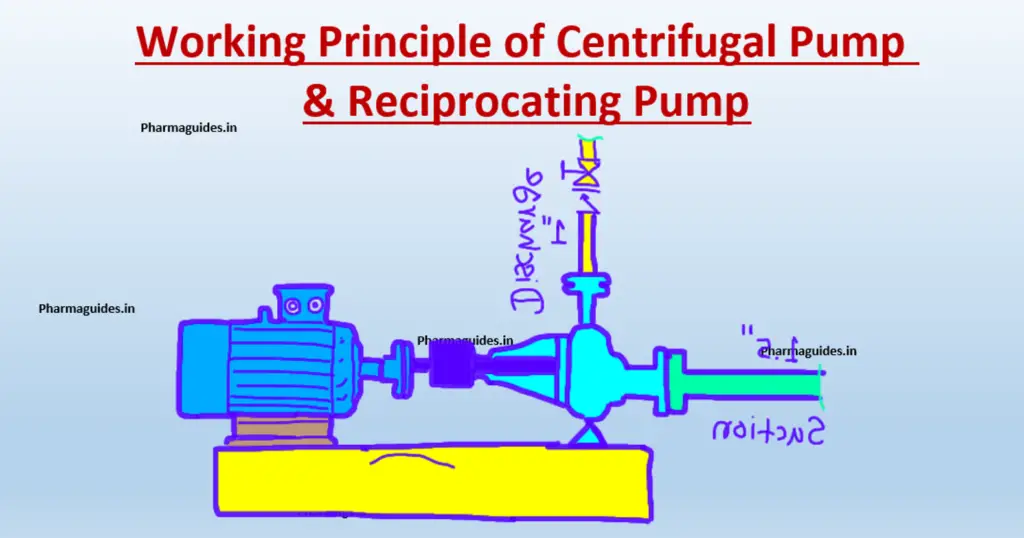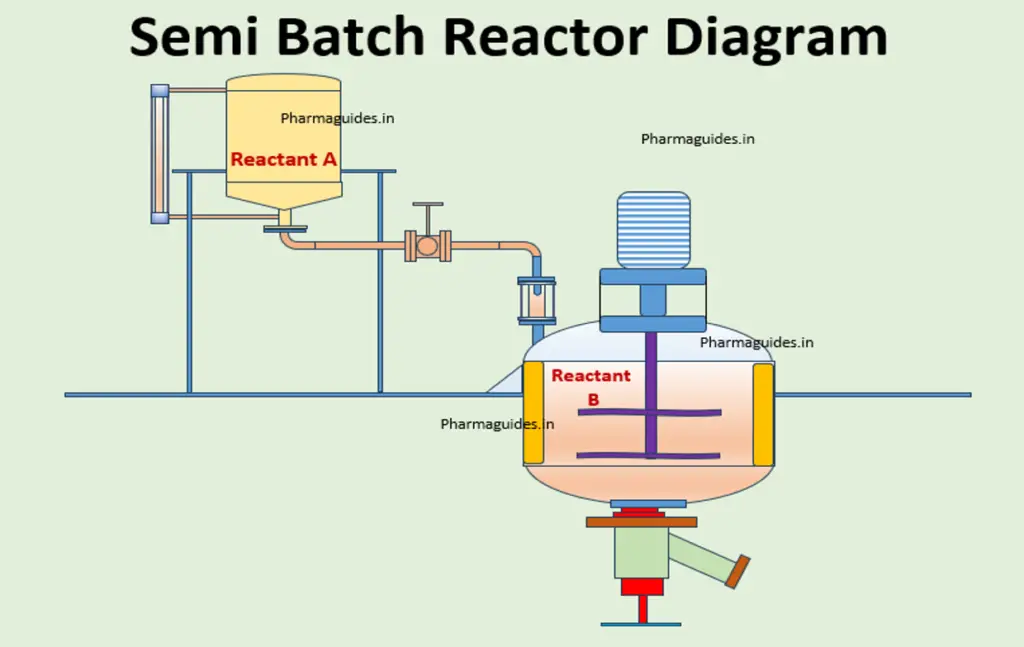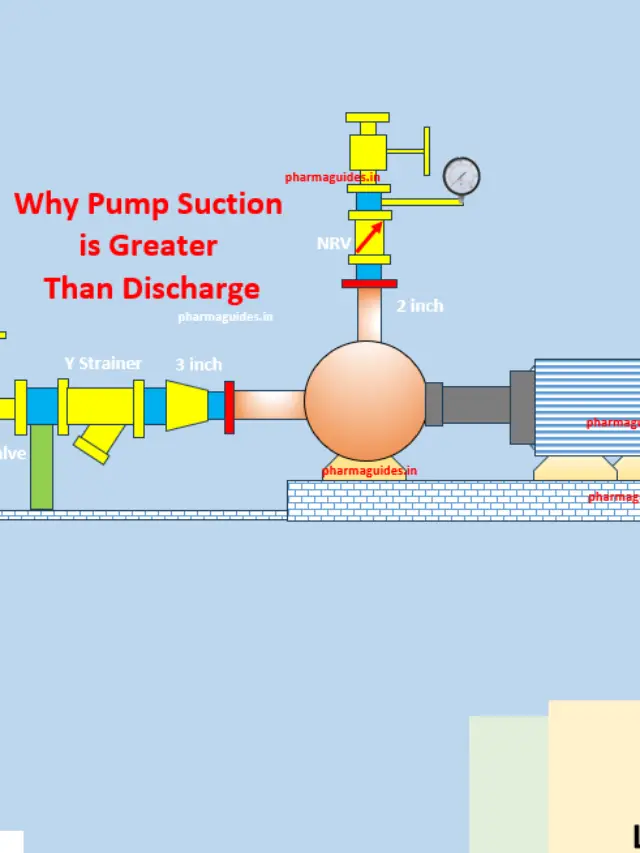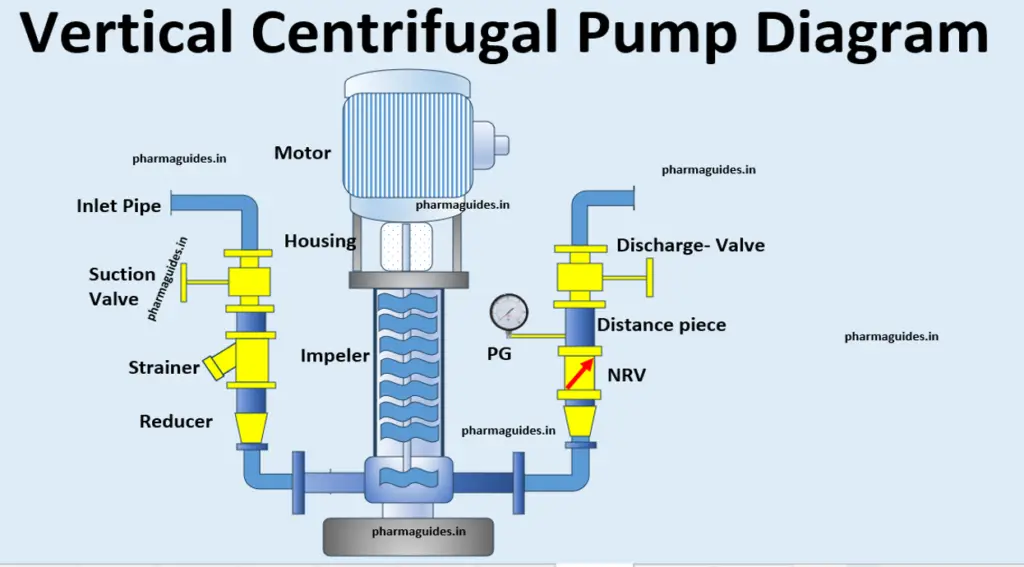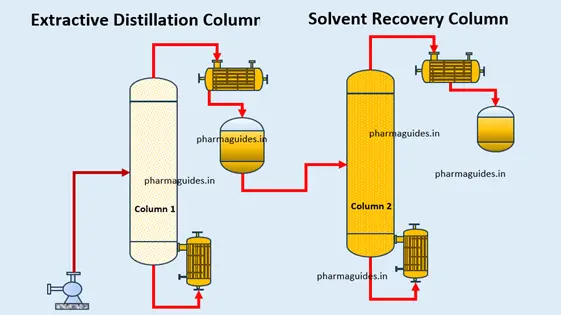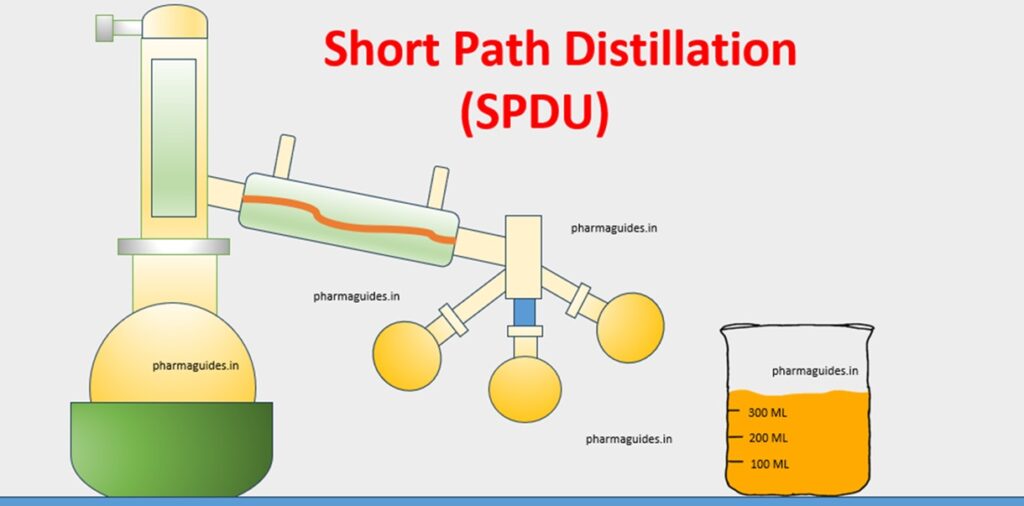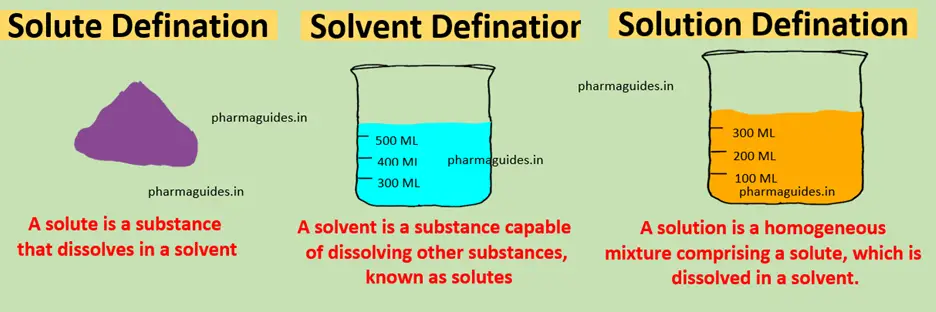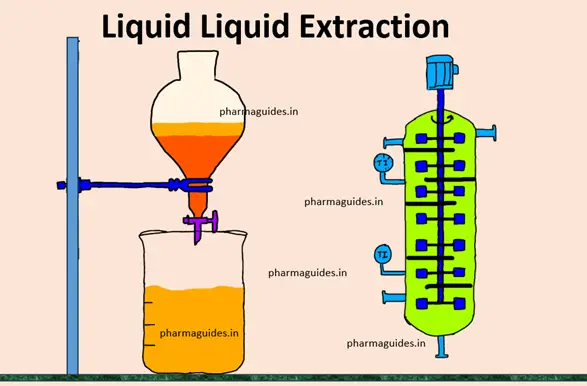Title: Exploring the 5 Remarkable Benefits of Vacuum Distillation
Date: July 8, 2023
What are 5 benefits of vacuum distillation?
Introduction Distillation
In today’s rapidly evolving industrial landscape, refining processes have become increasingly sophisticated. Vacuum distillation stands as a prominent technique that has revolutionized the separation and purification of various substances. By utilizing reduced pressure, this method enables distillation at lower temperatures, resulting in numerous benefits. In this article, we delve into five significant advantages of vacuum distillation and shed light on its impact on industries worldwide.
- Enhanced Efficiency and Energy Conservation:
One of the primary advantages of vacuum kind of distillation is its ability to significantly reduce energy consumption during the separation process. By operating at reduced pressure, the boiling points of compounds decrease, enabling distillation at lower temperatures than traditional atmospheric distillation methods. This reduced temperature requirement results in substantial energy savings, making vacuum distillation a highly efficient option for industries. The lowered energy demand not only reduces operational costs but also contributes to a greener and more sustainable manufacturing process. - Preservation of Heat-Sensitive Materials:
Vacuum distillation finds its niche in handling heat-sensitive materials that are prone to degradation at high temperatures. Certain compounds, such as thermally fragile chemicals, flavors, and essential oils, can be easily damaged or lose their desired properties under atmospheric distillation conditions. Vacuum distillation mitigates these issues by operating at lower temperatures, thereby preserving the integrity and quality of these heat-sensitive substances. This capability makes vacuum distillation a preferred method in the pharmaceutical, food and beverage, and fragrance industries. - Separation of High-Boiling Point Compounds:
High-boiling point compounds present unique challenges in separation processes. Traditional atmospheric distillation struggles to efficiently separate these substances due to their elevated boiling points. However, vacuum distillation effectively overcomes this hurdle by reducing the pressure, which lowers the boiling points of these compounds. By operating at lower temperatures and pressures, vacuum distillation enables the separation of high-boiling point compounds with greater ease and precision. Industries such as petrochemicals and petroleum refining greatly benefit from this capability, as it allows for the extraction of valuable components from heavy crude oils and residues. - Increased Purity and Yield:
The vacuum type of distillation process offers superior separation capabilities, leading to increased purity and higher product yields. By utilizing lower temperatures and pressures, unwanted impurities and contaminants are minimized during distillation. This results in the production of purer end products with enhanced quality. Moreover, the ability to separate components more effectively allows for higher yields, maximizing resource utilization and reducing waste generation. Industries relying on the production of pure chemicals, solvents, and specialty gases often employ vacuum distillation to achieve optimal product quality and quantity. - Versatility and Adaptability:
Vacuum type of distillation demonstrates versatility in its application across various industries. It can be customized to suit the specific needs and requirements of different substances and processes. With the flexibility to adjust parameters such as temperature, pressure, and residence time, vacuum distillation can accommodate a wide range of feedstocks and achieve desired separation goals. Whether it involves the purification of crude oil, the production of high-purity solvents, or the extraction of delicate flavors, vacuum distillation offers adaptability to diverse manufacturing sectors.
Conclusion:
As industries strive for more efficient and sustainable processes, vacuum kind of distillation has emerged as a transformative technique with multiple benefits. Its capacity to reduce energy consumption, preserve heat-sensitive materials, separate high-boiling point compounds, increase purity and yield, and adapt to various applications has positioned it as a valuable tool across diverse sectors. With ongoing advancements and research, vacuum distillation continues to drive innovation, enabling industries to optimize their production processes and meet the demands of a rapidly evolving world.
Read More,
disadvantages of vacuum distillation
application of vacuum kind of distillation






